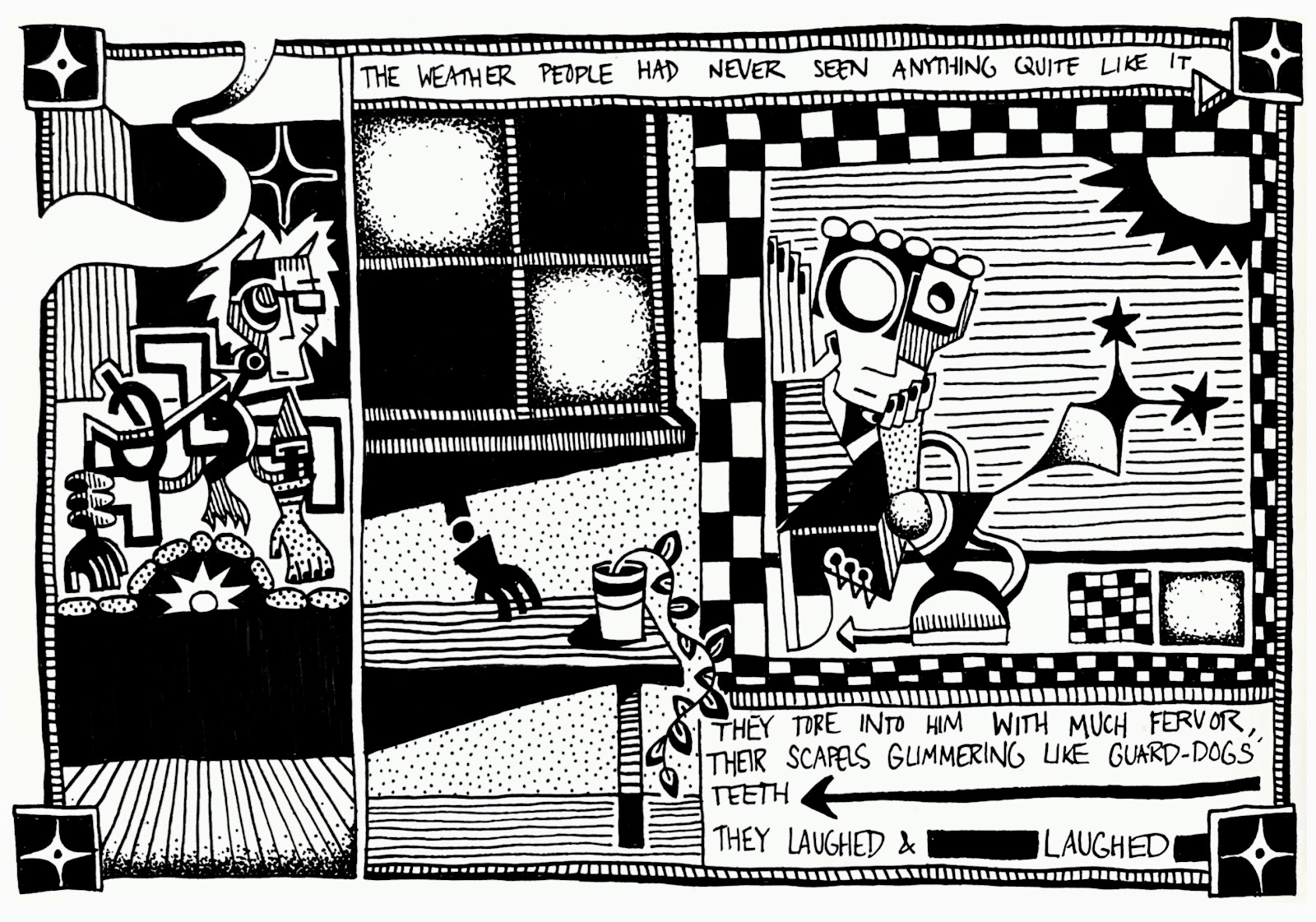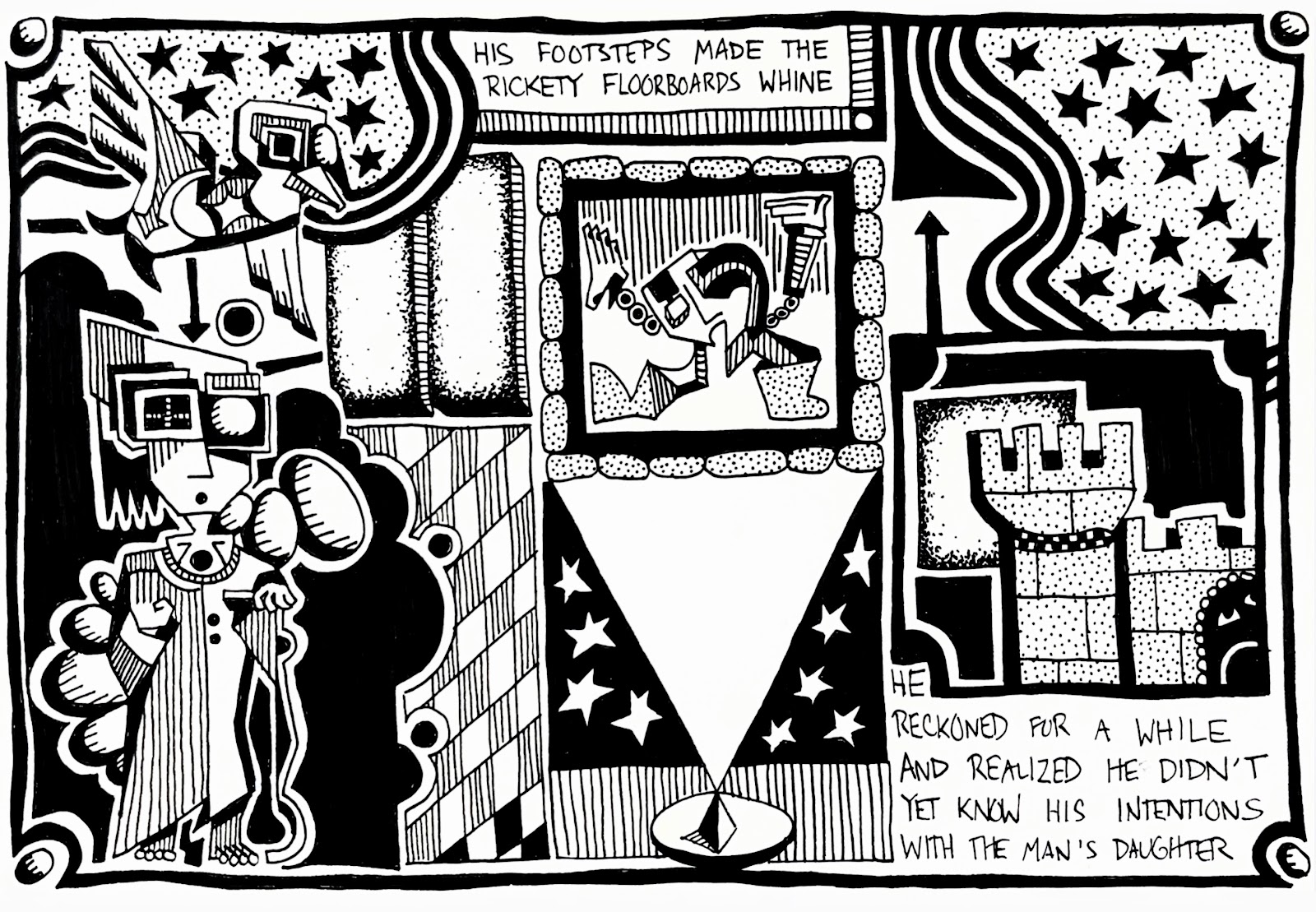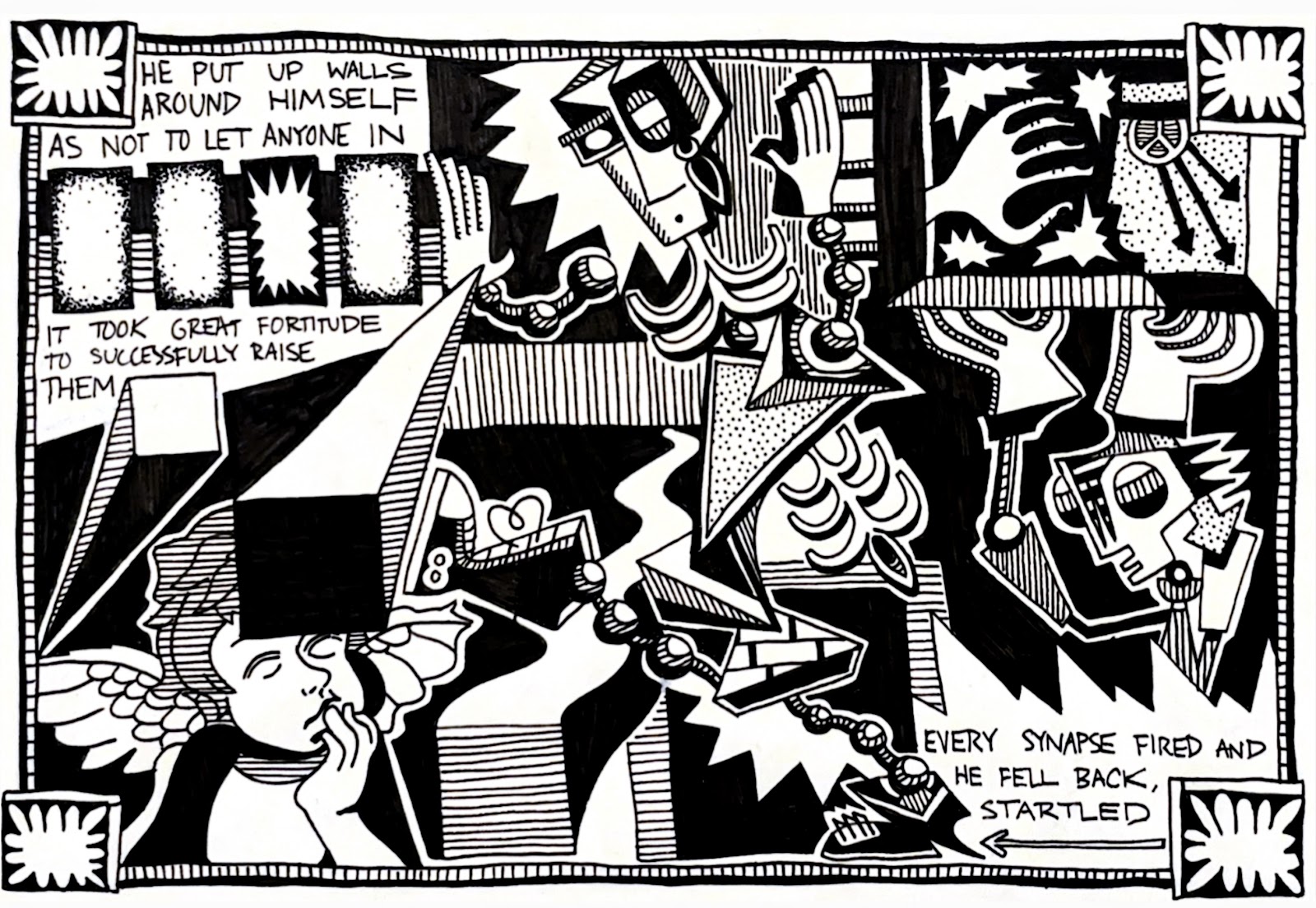my human truth
joey spelledwrong web blog awesome
01 August 2025
30 March 2025
conceptualizing scoreboard heaven
my friend Eliana convinced me to take a course this semester on the Commedia, an 100-canto expression of Dante Alighieri’s singular vision of the afterlife, from the depths of the inferno to the heights of the paradiso. the work essentially birthed the modern italian language, and is a revolutionary example of a literary “hero’s journey:” it recently came up as a contender for the “most important secular text” in a debate amongst me and my peers. midway through our class reading of the work, I’ve been taken by how personal Dante’s vision of an afterlife is, incorporating christian, secular, and pagan mythos into his providential journey.
though I’m confirmed in the Catholic church, i’ve always been far from devout, and have probably racked up a laundry list of affronts to the Man Upstairs in the formative half-decade since I last stepped foot in a church. my close reading of the Commedia has sparked my first spiritual thinking in a long time, in that it reminded me of my own conception of heaven: one I have irregularly thought about for years and could potentially turn to when in need of a broader sort of spiritual guidance.
it is my hope that when we die, a benevolent God allows us all to see the entire scope of our lives done in statistics, lit up in front of us on a matrix screen like a giant scoreboard. one could scroll through such a menu and instantly know how many times they ate at mcDonalds, skipped “fortunate son” in a spotify queue, truly “understood” a work of art, blinked, breathed, coughed, kissed, banged, or saw a pigeon with divine accuracy. past such banalities would lie statistics of greater interest: one would know the names of all their missed connections, the secret opinions of those closest to them, and would be provided with the exact name, dates, and life story of the person who is considered their soulmate (assuming they aren’t of the lucky few who met such a person in life).
it would take a long time to digest such things. there’d be the pain of knowing the exact day you bought a lottery ticket one away from the jackpot winner, and the grief of knowing your mother’s last thought about you before she died. God bestowed all in scoreboard heaven with the ability to eventually settle with their actions- when one finally accepts that they couldn’t have changed any statistic presented to them, and ties up all the mental-loose-ends that would torture them upon discovering statistics of interest, they’ll reach a state of self-actualization i’ll call the Knowing, and be mercifully purged of all suffering in a second Death, which would essentially be the true end of their existence. everything would go black after such self-actualization, similar to one’s eventual escape from the cycle of samsara in Hinduism. in my estimation, this process of understanding would take about 1000 years of sitting with the scoreboard for me. i’d imagine those who are especially self-loathing may take up to 8000 years to Know themselves.
scoreboard heaven concerns itself with sin just as much as virtue, with both ultimately being judged by the beholder, rather than by God, whose sole job is presenting souls with their life statistics. the process of reaching the Knowing is similar to Dante’s view of purgation: those who sinned would be forced to mentally download the exact number of times they masturbated, cheated on a partner, dealt heroin, or lied to their dear mothers, and are forced to come to terms with their actions before they can die their second Death. some may complain that this vision of heaven doesn’t adequately punish those who did sinned in life, as there’s no “hell” for the wicked, but the “heaven” part of my afterlife is perhaps a misnomer: the sinful aren’t explicitly forgiven for their sins, nor are they rewarded with any type of heaven after reaching the Knowing (for the second Death is the absence of life itself).
the lack of judgement on this God’s behalf is probably its biggest divulsion from a Christian God, but i’d argue that the scoreboard heaven God is still reminiscent of the Christian God in the mercy it exhibits towards all who have reached the afterlife. scoreboard heaven assumes that everyone has the capacity to self-actualize, and that sinners have an understanding of their immoral actions as sin; the wicked are technically punished in that this process of Knowing requires them to come to terms with their sin while still possessing a moral compass, and it would obviously take them longer to undergo their self-actualization than a good-natured person, who would have much less baggage to sort out in the process of reaching the Knowing.
i like the idea of a soul’s existence ending with complete knowledge of itself. if all of this sounds pretentious to you, you can write it off as a vague literary exercise in worldbuilding. with our world growing increasingly absurd, it’s fun and inspiring to conceptualize visions of an “after,” another world with its own whims and rules. though i still subscribe to Catholicism as my religion, i find value in holding some personal tenets in my vision of spirituality. after all, literary tradition still values works like Dante’s: visions of the afterlife that combine different aspects of one’s personal connections to the physical world to form an individualized whole.
30 December 2024
happy new year 2015
18 December 2024
untitled
poem 24.12.15
26 November 2024
the second coming of j spelledwrong, nov 2024
09 August 2024
on self-portraits
tonight something possessed me to sketch out a few self-portraits, things i don't think to take the time to draw very often. some resembled me greatly;
others were self-portraits in name only, non-representational art whose lines only constituted portraiture by the purpose i gave them.in 21 days, i'll be considered an adult man in the eyes of the law (well, someone who can legally get a tattoo, anyway). in all other ways, i've already undergone the transition from 'boy' to 'man.' i stopped crying at school. i was confirmed into the catholic church. i fell in love and kissed a girl. i went to highschool parties and watched drunken classmates flounder around backyard pools. i was offered weed and cigarettes backstage and labored over my "no"s. i graduated highschool. i learned to drive a car. i got over my fear of rollercoasters.
however, i've recently felt more like a 'boy' than ever. aren't i supposed to have more a sense of who i am by this point? maybe. not really...
as i mentally prepare for college, i've realized that i, like everyone else my age, am at the precipice of redefining my identity. i've taken some solace in that communal change. now's the time for me to figure out what kind of 'man' i want to become in college and as an adult. i think my childhood has cemented my hobbies, my interests, some of my wants; now, my values will be stretched and edited and redefined by whatever i experience next. i'm sure i'll shed old skin and find new parts of myself living on my own. the self-portraits i create 4 years down the line may look much different than the ones i drew tonight. they may be songs or poems or films.
here's what i've been listening to feel a little less small:
31 July 2024
transcription of a dream i had
19 July 2024
summer loving hello
11 July 2024
27 June 2024
31 May 2024
during some tailspin turnaround
18 May 2024
'nothing gold' out now
 |
| live 24.3.15, photo by bade dagli |
























